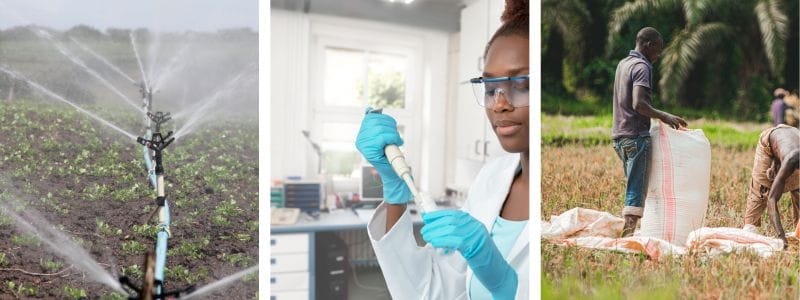Drought in Northern Ghana has threatened the nation’s food security and sustainable future. The lives of farmers and residents have been greatly impacted because of rising food prices and low crop outputs. This drought situation has resulted in a very low food supply causing many Ghanaian households to struggle with basic needs.
Even though there have been international intervention from the World Food Program, local efforts are needed. Government must come up with solutions that won’t rely on foreign aid. This will ensure the next time around, Ghana will be better able to tackle similar drought conditions.
Regions in Northern Ghana known for their large agricultural outputs have been mostly affected. Agriculture is a vital source of survival for farmers and communities in these areas. The major crops affected are maize and rice, which are both quite important to Ghanaian diet. The current drought in Northern Ghana has lead to a burdensome increase in food prices nationwide and has also affected Ghana’s ability to meet international markets.
A Collective Effort Is Needed to Address the Drought in Northern Ghana

To solve this issue, there are many key players that will have to get involved. Scientists can come up with more drought resistant crops, Government can intervene with policy and diasporans can get on board. The African diaspora can join forces with local farmers to produce more food, while bring their expertise and problem solving skills.
Die to the urgency of the situation, no time can be wasted. A nation needs to be fed, and farmers need to continue producing. As a result, immediate actions must be talking to address this issue. This persistent drought calls for continued support to ensure the most vulnerable ar taken care of. These populations must recover and rebuild as soon as possible.
Related: Ghana’s Rising Food Prices: A Good Way The Diaspora Can Be Helpful
With collective action, the drought in Northern Ghana won’t be allowed to further affect the people of Ghana. These efforts will provide a glimmer of hope not only for the North, but also the South, West and East. With persistent action, Ghana can overcome this food security crisis and restore stability to its northern regions.











